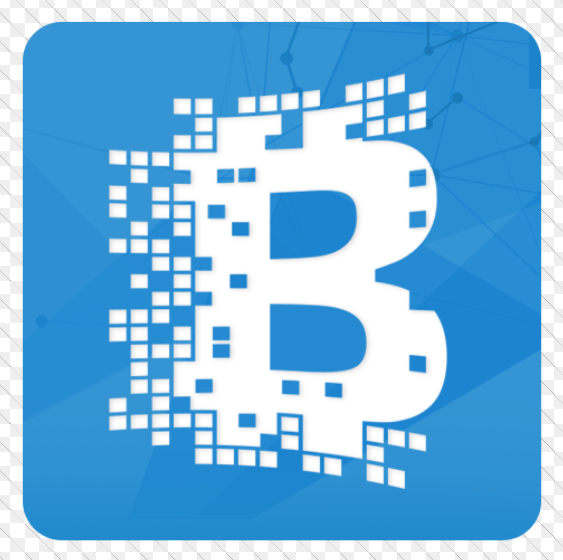residential
How Blockchain Will Revolutionize Mortgages
December 6th 2016 | , MReport

The past decade has seen frenetic change for the mortgage industry.
The past decade has seen frenetic change for the mortgage industry. In the early 2000s the industry started experimenting with exciting new technologies. Digital signatures, eClosings, SmartDocs, CRM in the Cloud and others started to increase the level of innovation. Then the crash… Since the crash the innovation budgets for lenders have disappeared with compliance becoming the sole focus of technology budgets. The investment in these and other innovative technologies was seriously sidelined. Finally, the industry has begun to look again at tools to innovate and improve the mortgage process and the final assets created.
Where will the innovation focus this time around? Every so often technology comes along with the promise to so dramatically change the way we work that we cannot help but take notice. The late ‘90s brought the Internet, the past decade brought us social networks and mobile apps. Now on the horizon is the blockchain.
For the technophobic crowd, the blockchain may seem like a foreign term that is related to Bitcoin that funny fake money approach that only hackers care about. But once understood, it’s clear how blockchain and the related technologies can revolutionize the real estate industry. It has the potential to allow us to finally move from a process governed by easy to change and easy to lose paper and databases to a single source of accurate, unchangeable shared data.
How the Blockchain Works
The first thing—and simplest thing—anyone needs to know about the blockchain is this: it is a database that cannot be altered. No one can alter an entry in it, not even administrators or system overseers. In addition to being permanent, every record is transparent and verified by anonymous sources. In layman’s terms, it’s like having a single ledger or spreadsheet (the blockchain) that anyone can see, with each entry (block) being publicly audited for accuracy prior to writing it permanently.
This technology was originally devised for the banking industry with an effort of maximizing both transparency and permanence, things that ensure records cannot be tampered with—and thus, financial records are secure and accurate. That level of permanence ensures stability for a currency. This complete view of the end-to-end process minimizes fraud and mistakes while expediting transactions and transfer of knowledge. It eliminates challenges in the existing weak audit trails and provides a single resource that is the shared truth, all in a distributed model that creates a universal ownership that self-corrects, rather than individual arbiters over single internal databases. Imagine how much smoother real estate transactions would be if every party shared the same data had 100% confidence in it and knew it hasn’t been altered or lost; that’s the power of the blockchain.
The Power Of Single Sourcing
In real-world terms, the ripple effect of blockchain benefits comes down to documentation—namely, eliminating most of it, along with the hoops people have to jump through to handle it. Paperwork affects different parts of the industry, from titles to contracts to mortgages and more.
Mortgages are complex financial instruments with many moving parts. To process a mortgage from start to finish, you’re looking at many documents, all with multiple versions, created by multiple parties and multiple entities editing and revising. Combined, that could be thousands of document versions, datapoints, all variable to revision and timestamps. Through the blockchain, documents and data can be shared in real time from a single source — all vetted through compliance checks, audit logs, and proof built directly into the process.
In short, it’s faster to retrieve and update data, and it’s easier to trust it as the compliance comes from the process rather than manual inspection. Saving time means faster transactions and saving money all around. Transparency and accuracy means all parties—home buyers, home sellers, banks, title companies, brokers, etc. —can feel confident in their data while streamlining the confirmation process.
What’s Next?
It’s clear that establishing a single shared database for the financial industry can provide many benefits to both industry professionals and home buyers/sellers alike. In order to bring something like this to life, key players have to come together and work towards an infrastructure that can make it happen. Fortunately, blockchain companies are pushing this technology to the forefront across industries, bringing integrity used by the financial industry into area such as government and medical records. The technology is there; the next step is up to the real estate industry to come together and move forward.
Author: Jason Nadeau in Daily Dose, Headlines, News, Technology December 2, 2016



